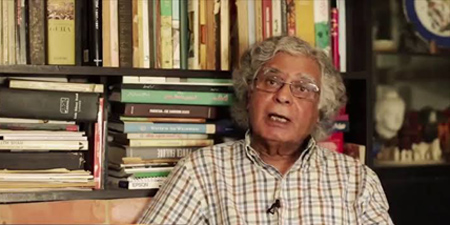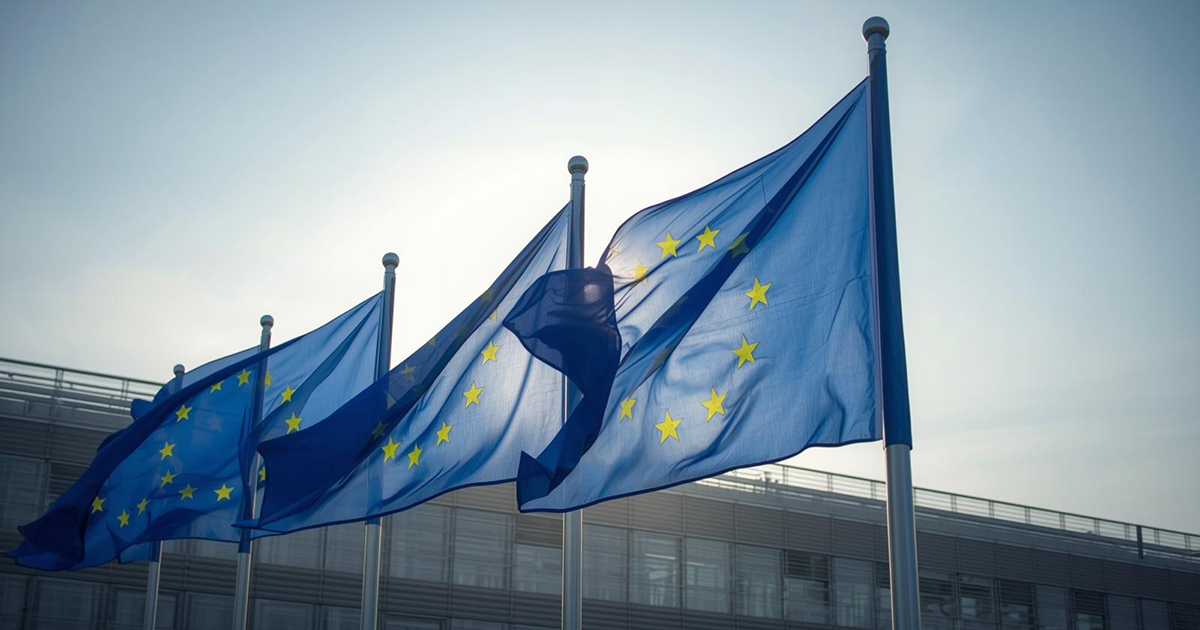Ghazi Salahuddin foresees a gloomy 2020 for Pakistani media
JournalismPakistan.com | Published 5 years ago
Join our WhatsApp channel
ISLAMABAD — Senior journalist Ghazi Salahuddin has painted a grim outlook for Pakistan’s news media in 2020.
“Not much may change during the next 12 months, but the prospect of a shift in political power has the potential for making the media environment a little less suffocating,” he wrote for Jinnah Institute’s report The Road to 2020 – Forecasting Change in Pakistan.
He added that media had been dictated more by the establishment than the blundering spokespersons of the prime minister. “A new arrangement should allow more space to the civilian authority. Ultimately, though, the powers that be must prevail.”
Apart from a powerful establishment and the PTI government, the other factors hindering free media is an intolerant illiterate society. “Ours is an exceptionally intolerant society marked by religious extremism. We have a set of ruling ideas that are not to be questioned or even objectively examined by the media. Areas are demarcated in the name of national security, out of bounds for discussion and debate.”
Another issue for Ghazi Salahuddin is “woefully depressed state of Pakistan’s intelligentsia.” He thinks Pakistan lacks “a large enough population among the literate segment to support a viable print media.”
With dismal reading habits and intellectual impoverishment, for the senior journalist, “there is little scope for a serious discourse on our campuses, universally acknowledged as the breeding ground for new ideas and progressive social action. That there is a ban on taking up issues like the Baloch insurgency is another matter. Academic freedom, in a sense, has an umbilical connection with media freedom.”
He is also not happy with the role of TV channels. “News channels operate almost as the sole arbiters of what we may describe as public opinion. In a de-intellectualized and partly illiterate society, these channels are inherently not meant to promote progressive ideas. All they do is to chew the political cud in their talk shows.”

























